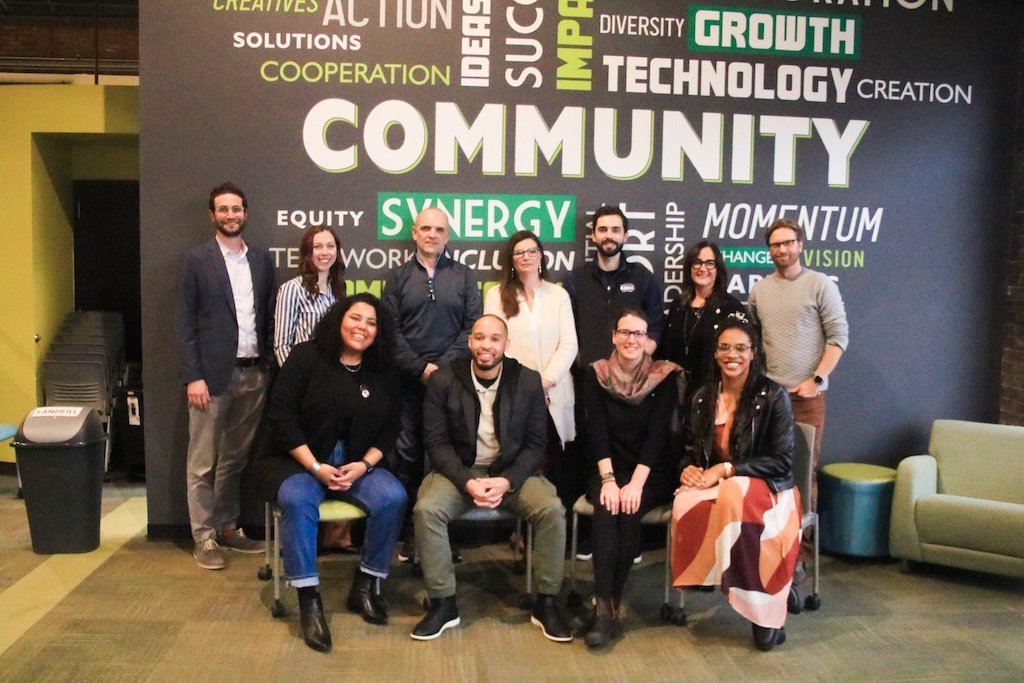
Economic Inclusion Incubator
SMC Hub Program
The Economic Inclusion Incubator, a sub-initiative of NGIN’s Small and Midsized Cities Hub, is designed to empower Small and Midsized Cities (SMCs) to implement inclusive economic development strategies. By providing funding, technical assistance, and tailored support, the Incubator helps local governments and community organizations drive lasting inclusive growth in their regions.
The Incubator is a year-long program where selected city teams receive:
$30,000 in support funding for expert consultation and project implementation
Ongoing one-on-one check-ins to tailor support and track progress
Cohort convenings to share knowledge, foster collaboration, and learn from other cities
Site visits for in-depth, hands-on exploration of local economic challenges and solution
The Incubator application period has ended, but don’t miss out on future opportunities! Subscribe to our newsletter to stay informed about the next cohort.












Who We Work With
The Incubator focuses on organizations from Small and Midsized Cities (SMCs), with populations between 50,000 and 500,000, ensuring that smaller urban centers have the resources they need to create sustainable, inclusive growth. Cities like Dayton, OH; Savannah, GA; Tacoma, WA; and Utica, NY have all benefited from the program, each addressing unique economic challenges while sharing a common goal: advancing equitable economic development in their communities. See more in case studies below.
Dayton, OH: Creating a Community-Owned Makerspace
Co-op Dayton worked to establish a community-owned makerspace and manufacturing hub, aiming to generate good-paying jobs while supporting local economic growth. Through funding and support, Co-op Dayton developed revenue models and conducted a comprehensive site search to ensure the project’s sustainability.
Savannah, GA: Building an Equity Index
The City of Savannah's Economic Development Department focused on creating a city-wide Equity Index to measure and promote equitable development. By engaging local partners and securing additional funding, Savannah is integrating this tool into its strategic plan to ensure ongoing progress toward equity goals.
Tacoma, WA: Advancing Inclusive Procurement
The Tacoma Anchor Network used the Incubator to build a data infrastructure that tracks procurement from local minority-owned businesses. This data is now being used to set measurable goals and drive inclusive procurement practices across regional institutions.
Utica, NY: Empowering Black Entrepreneurs
Mohawk Valley Community College’s thINCubator deepened relationships with Black entrepreneurs and created a local support ecosystem. Their work is informing new programs and resources that directly address the barriers faced by underrepresented business owners in Utica.
Explore learnings from each site
Watch below to see how the Economic Inclusion Incubator helps empower each city!
Read Our Blog
Explore firsthand accounts directly from each site, written by NGIN Advisor Betsey Suchanic.
Supported by
Through generous funding from the Robert Wood Johnson Foundation, NGIN undertook a practitioner-led exploration to identify what is holding back investments that advance inclusive growth in small and midsize cities and recommend approaches to overcome these capital barriers.





